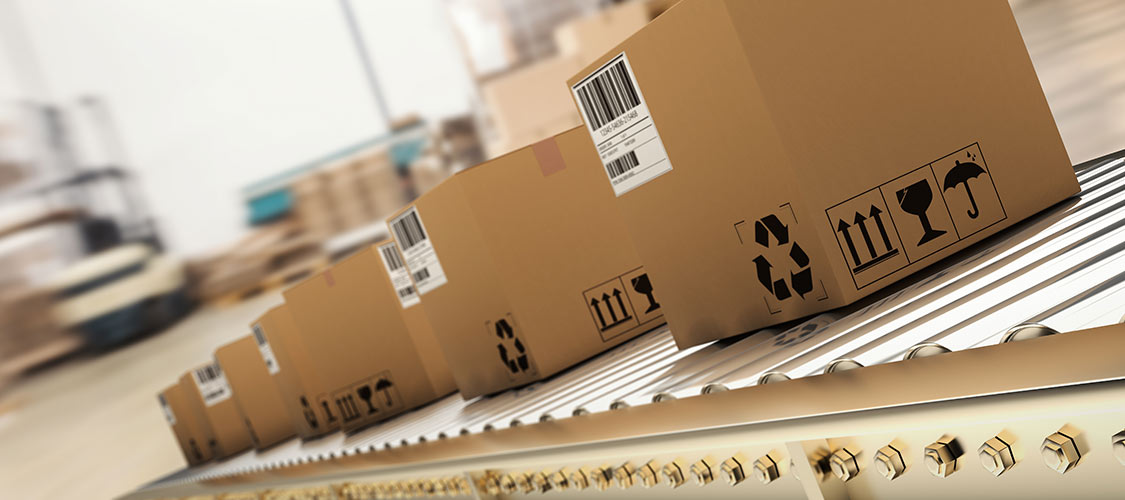In our last article, we explored an area within the procurement process which was ripe for improvement: shipping (check out Boiling the Ocean Part I for more info). In the current market for most organizations, shipping purchased goods to their final destination is a choice between three unappealing options:
- Finding someone within the company with shipping expertise to help
- Finding a logistics company on your own to manage shipping
- Having your manufacturer be responsible for shipping.
In the end, we concluded that finding an impartial 3rd party to help manage this process was a significant improvement by having an objective partner help find the best service and lowest rates possible. So in reverse order let’s delve into the specific deficiencies for each of the options above and discuss how a 3rd party logistics company can really add value to the process.
Having your manufacturer handle shipping
The benefit to having your manufacturer handle shipping is clear: if something arrives late, there is only one person you need to speak with. The issues with this approach are much larger than you might think though. First and foremost, service levels (especially when using multiple manufacturers) can be all over the place, and this can mean late deliveries. The reason is that often manufacturers use smaller, local carriers to transport your products, and they simply don’t have the network or relationships to solve problems in transit. Furthermore, on these shipments there is usually ZERO tracking data. Most people don’t know when the product is actually going to arrive until it shows up (or you get that email saying it’s stuck in customs). The IT Systems just aren’t in place to support tracking information on ad-hoc shipments.
And the most important issue is one that hits home for us all: cost. Usually when a manufacturer is responsible for handling shipping, the shipping costs are a passed directly through to you. As a result, there is little incentive to reduce the rates. So they don’t bid the work out to multiple carriers to get you the best rate.
The right logistics partner will:
- Lend their expertise in managing these types of shipments to reduce delays
- Provide tracking information during every step of the shipment’s journey
- Have relationships with multiple companies and get competitive bids for every single project
Finding a Logistics Company on your own
The most obvious disadvantage to finding your own logistics company is that you have to spend the time vetting them, signing a contract, and negotiating rates. Plus, in many cases, you won’t have the right technology to manage this vendor so everything will end up being done through email. The result, more often than not, is that companies take the easy way out: select a “known” vendor, or simply outsource the work to a single provider who had a great sales pitch. All logical actions, but ones that can result in significant headache when it ends up single-threading your shipping process.
And don’t ignore the cost issue as well. If you aren’t sending out bids to 4-6 shipping companies on a project-by-project basis, your rates will be unnecessarily high. When we bid out work, the average gap between the Best Bid and the Third Best Bid is over 40%!
The right logistics partner should:
- Have a simple contract for you to sign which protects you in case the goods are damaged
- Not require you deal directly with any shipping companies but them
- Have a robust IT platform to manage every step of a complex process
Finding Someone Within the Company for Help
Listen, this option is a great one. You work at one of the best organizations on the planet with extremely talented people. And your co-workers know your company way better than an outside company could ever dream. But – this often requires asking for a favor that you might not always get. Most operational teams do not have excess capacity for indirect logistics, and as a result, they may just tell you to work directly with ABC Logistics. This is what I’ve done in the past. We all wish we could always help everyone, but sometimes we just can’t. It comes down to have time and capacity to handle this, and for one-off, ad-hoc shipment, those qualities are limited in most organizations.
We’ve found that to manage these types of shipments effectively, a company needs the right technology platform and a dedicated team of logistics experts to manage it. This is costly and tough to do when you don’t know how many shipments you’ll be handling on a given day.
The right logistics partner provides:
- 24-hour support with easy ways to communicate questions
- A group of experts solely dedicated to managing indirect logistics
- Phenomenal customer service that prevents delays before they even occur
We are officially at the one and a half page mark for this blog, so we must be done right? Absolutely not! Check out Boiling the Ocean Part III (coming soon) to find out the absolute biggest advantage to using a 3PL to handle your Indirect Logistics needs.






